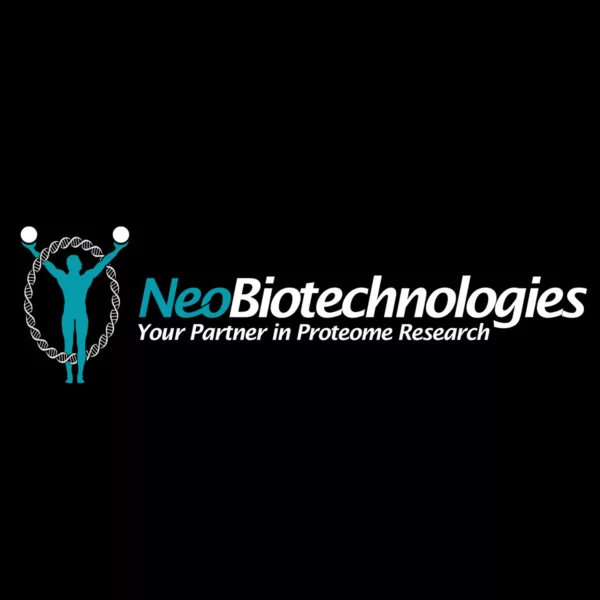Free Shipping in the U.S. for orders over $1000. Shop Now>>

This MAb reacts with C. difficile Toxin A, but not with Cholera subunit a, Cholera toxin, Pseudomonas aeruginosa exotoxin A, H-LT, P-LT. Clostridium difficile is a major nosocomial pathogen that causes antibiotic- associated colitis. Clostridium difficile mediates inflammatory diarrhea by releasing two large protein enterotoxins (Toxin A and Toxin B) that are able to disrupt intestinal epithelial cells via their transferase activity and ability to monoglucosylate members of the Rho family. Clostridium difficile Toxin A is a toxin that is composed of 39 repeats that are responsible for binding to intestinal epithelial cell surface carbohydrates. Clostridium difficile Toxin A causes significant apoptosis of colonocytes which contributes to the formation of ulcers and pseudo-membranes in a pathway that involves p38-dependent activation of p53 and induction of p21, leading to cytochrome c release and caspase-3 activation through Bak activation.
There are no reviews yet.